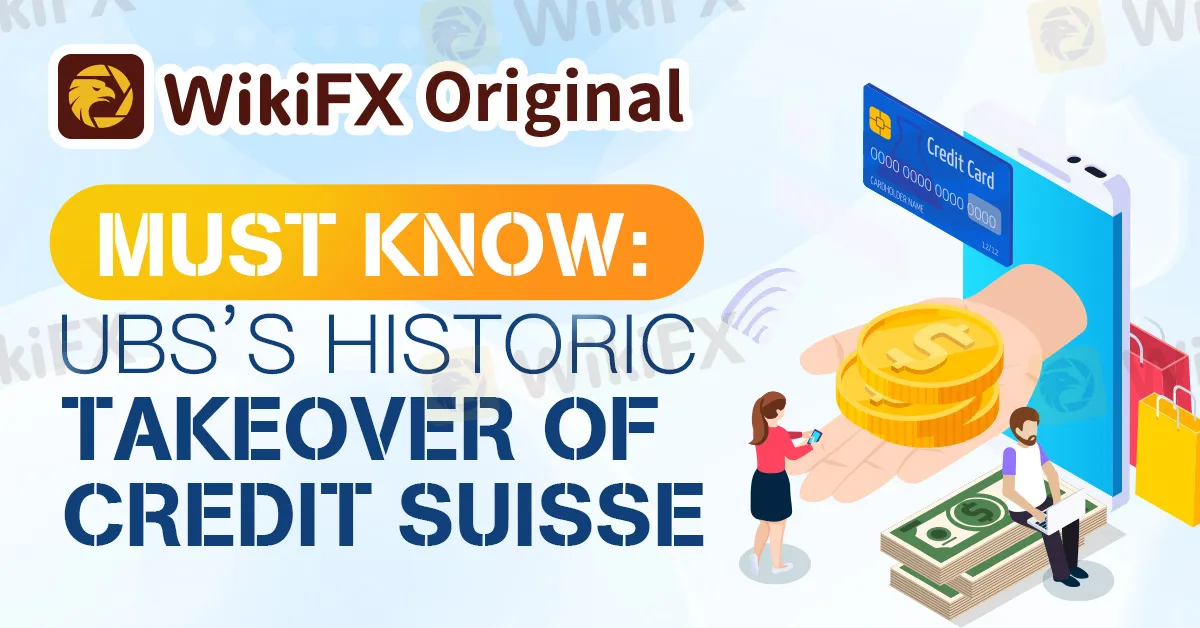Abstract:UBS has successfully completed its emergency takeover of Credit Suisse, forming a formidable Swiss bank with a balance sheet of $1.6 trillion, while anticipating both challenges and opportunities in the merger's aftermath.

UBS announced on Monday that it has successfully concluded its emergency acquisition of troubled local competitor Credit Suisse, forming a massive Swiss bank with a balance sheet worth $1.6 trillion.
UBS CEO Sergio Ermotti and Chairman Colm Kelleher expressed their optimism in an open letter published in Swiss newspapers, stating that this marks the beginning of a new chapter for UBS, Switzerland as a financial hub, and the global financial industry. They acknowledged that the merger would present challenges but also highlighted the numerous opportunities it would bring for clients, employees, shareholders, and Switzerland as a whole. The letter emphasized their confidence in managing the takeover effectively. The combined group will oversee assets worth $5 trillion, granting UBS, already the world's largest wealth manager, a prominent position in crucial markets that would otherwise take years to establish.
Additionally, the merger brings an end to Credit Suisse's 167-year history, which has been tarnished by scandals and financial losses in recent years. The two banks collectively employ 120,000 individuals worldwide, but UBS has already indicated its intention to reduce costs by cutting jobs and capitalizing on synergies.
On March 19, UBS agreed to purchase Credit Suisse for a significantly reduced price of 3 billion francs in stock and up to 5 billion francs in assumed losses, in a rescue plan orchestrated by Swiss authorities to prevent the collapse of the country's second-largest bank and maintain customer confidence.
On Friday, UBS reached an agreement with the Swiss government regarding a 9 billion Swiss franc ($10 billion) public backstop to cover losses incurred from winding down certain parts of Credit Suisse's business.
Despite its scale and complexity, UBS managed to finalize the deal in less than three months, aiming to provide stability for Credit Suisse clients and employees and prevent any mass exodus. UBS and the Swiss government have both assured stakeholders that the acquisition will be profitable for shareholders and will not burden taxpayers. They emphasized the necessity of the rescue operation to safeguard Switzerland's reputation as a financial center, which would be at risk if the collapse of Credit Suisse triggered a broader banking crisis.
UBS is expected to report a substantial profit in its second-quarter results on August 31 after acquiring Credit Suisse at a fraction of its estimated fair value. However, UBS CEO Ermotti cautioned that the integration process will face challenges in the coming months, describing it as a “bumpy” road that will take three to five years to complete.
In a recent financial overview of the new entity, UBS highlighted the significant stakes involved by addressing potential costs and benefits amounting to tens of billions of dollars, while acknowledging the inherent uncertainty in these figures. Since the global financial crisis, many banks have scaled back their global aspirations due to stricter regulations, reduced profitability, and the need to reevaluate their business models. The disappearance of Credit Suisse's investment bank, which UBS plans to significantly reduce, marks another instance of a European financial institution retreating from securities trading, an arena now largely dominated by US firms.










